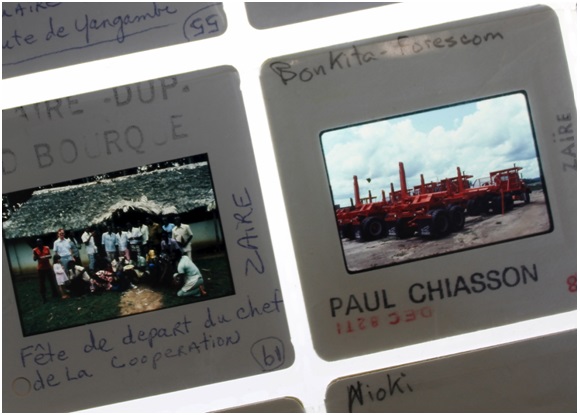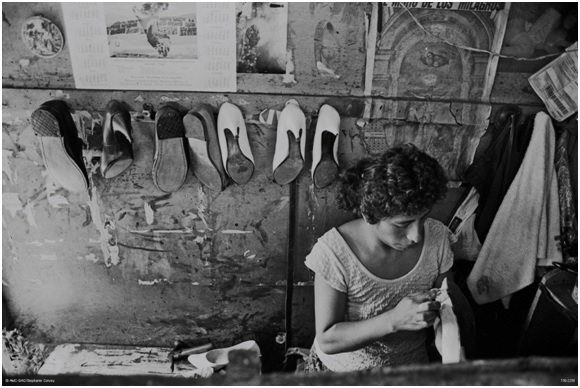GLOBAL HUMANITARIANISM | RESEARCH ACADEMY
International Research Academy on the History of Global Humanitarianism
“I found it to be invaluable, and have made several lasting connections from my participation.” –Sonja DeLaat, CNHH Member.
This CfA was originally posted in October 2016 and may be found here along with the GHRA’s poster.
The international GLOBAL HUMANITARIANISM | RESEARCH ACADEMY (GHRA) offers research training to PhD candidates and early postdocs. It combines academic sessions at the Leibniz Institute of European History in Mainz and the Imperial and Global History Centre at the University of Exeter with archival sessions at the Archives of the International Committee of the Red Cross in Geneva. The Research Academy addresses early career researchers who are working in the related fields of humanitarianism, international humanitarian law, peace and conflict studies as well as human rights covering the period from the 18th to the 20th century. It supports scholarship on the ideas and practices of humanitarianism in the context of international, imperial and global history thus advancing our understanding of global governance in humanitarian crises of the present.




